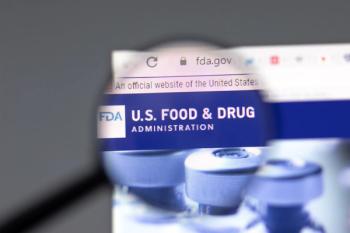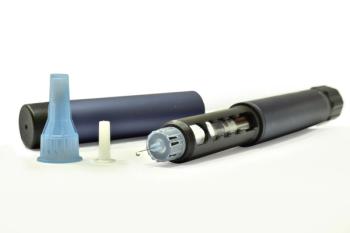
- Drug Topics December 2020
- Volume 164
- Issue 12
Nutrition Counseling Tips for Patients With Autoimmune Conditions
Pharmacists can play an integral role in educating patients about nutrition and lifestyle factors.
Autoimmune diseases are on the rise globally, and 1 recent study revealed that the prevalence of antinuclear antibodies (ANA), common biomarkers of autoimmunity, have significantly increased in the United States.1 Pharmacists can play an integral role in counseling on nutrition and lifestyle factors associated with autoimmune diseases.
Nutrition Tips
Emerging evidence suggests that vitamin D deficiency may play a role in autoimmune diseases.2 Pharmacists can advise patients with autoimmune diseases to have their vitamin D levels checked to determine whether supplementation is needed. Vitamin D can be obtained through sunlight, food, and supplements. However, sunlight exposure can increase the risk of skin cancer. Adults under 50 years of age should have 400 to 800 international units (IU) of vitamin D daily, whereas individuals 50 years and older should take 800 to1000IU daily.3 Generally, it is difficult to obtain adequate vitamin D through diet, so supplementation is needed.3
Patients with lupus should consume a nutritious, well-balanced diet that includes fresh fruit and vegetables, whole grains, and moderate amounts of meat, poultry, and fish.4 They should avoid alfalfa sprouts, which contain
the amino acid L-canavanine, which can increase inflammation.4 Remind patients to always consult their pharmacist prior to starting any herbal supplements, as some can exacerbate autoimmune diseases. One example is echinacea, which has been reported to cause flares in patients with lupus and other autoimmune conditions.5
Pharmacists can educate patients with celiac disease about following a gluten-free diet, as they should consume only foods and beverages with a gluten content less than 20 parts per million.6 Gluten is a protein found in wheat, barley, and rye that can damage the lining of the small intestine in patients with celiac disease. Naturally gluten-free food groups include fruits, vegetables, meat, poultry, seafood, dairy, beans, legumes, and nuts.7 Patients with celiac disease often have vitamin deficiencies, so taking a multivitamin, along with calcium and vitamin D supplementation, is important.6
Limited evidence suggests that the autoimmune protocol (AIP) diet can improve symptoms of certain autoimmune diseases, such as Hashimoto thyroiditis and inflammatory bowel disease.8,9 The AIP is an elimination diet that focuses on avoiding foods with added sugar or other additives that cancauseinflammation.9 Foodgroups are gradually reintroduced back into the diet to determine if any reactions occur. Elimination foods generally include grains, legumes, nightshades (eg, tomatoes, potatoes, peppers, eggplant), dairy, eggs, coffee, alcohol, nuts, seeds, refined or processed sugars, and oils, as well as food additives.9 More research is needed because eliminating certain food groups can lead to nutrient deficiencies.
Articles in this issue
about 5 years ago
Keeping Up With Continuing Education Is a Mustabout 5 years ago
Addressing Drug Diversion Now Will Yield Dividends in 2021about 5 years ago
Top Drug Approvals and Product Launches of 2020about 5 years ago
Optimizing Pill Disposal ProgramsNewsletter
Pharmacy practice is always changing. Stay ahead of the curve with the Drug Topics newsletter and get the latest drug information, industry trends, and patient care tips.























